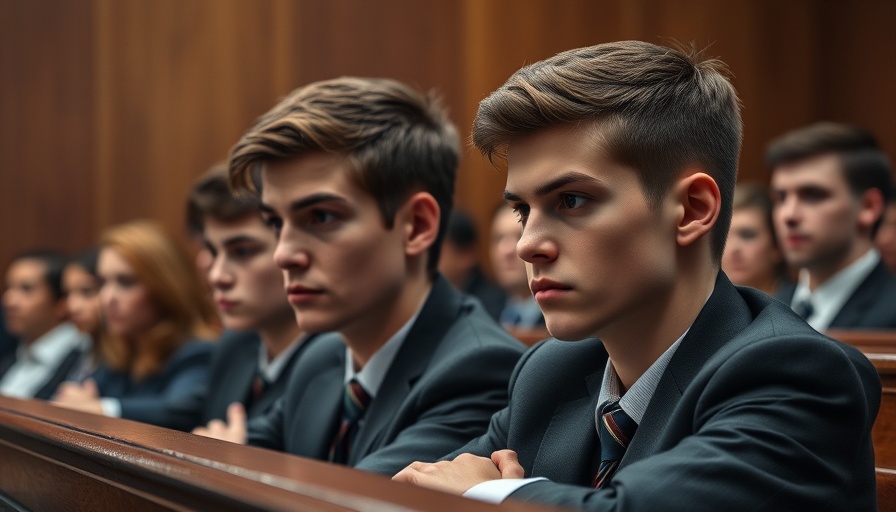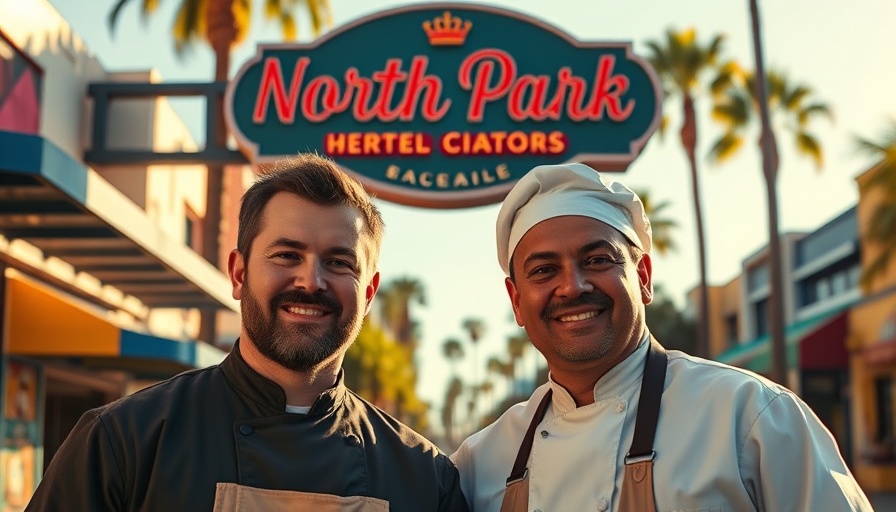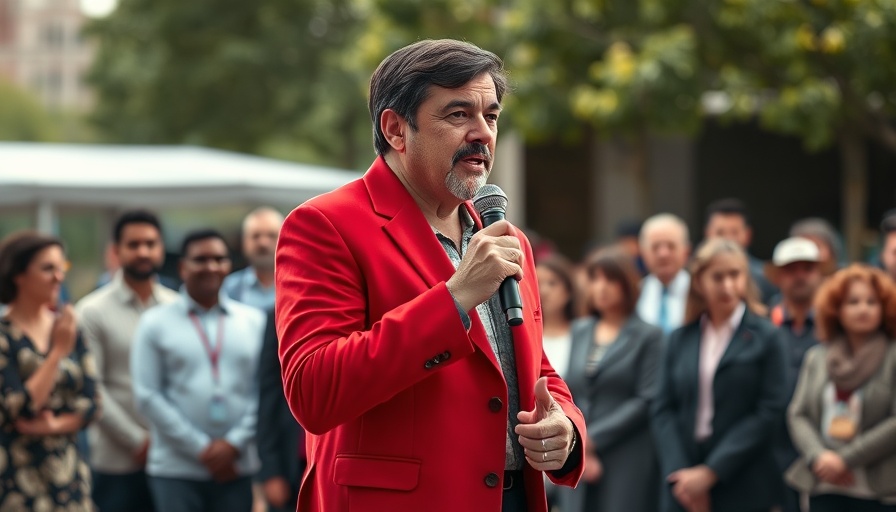
Menendez Brothers: A Legacy of Tragedy and Trauma
The recent decision by the parole board to deny Lyle Menendez's release comes after a harrowing journey that underscores a complex family tragedy. Lyle and his brother Erik, both convicted for their parents' murders in 1989, have been at the center of public fascination and legal scrutiny for decades. This latest hearing follows a slight modification of their sentences, making them eligible for parole, a rare opportunity since their convictions in 1996.
Understanding the Context of Family Abuse
During the parole hearing, Lyle spoke movingly about the physical and emotional abuse he endured at the hands of his father, Jose. He revealed haunting details about the violence he faced, which he believes directly influenced his decisions that led to the tragic events of that fateful day. Lyle articulated a deep sense of sorrow for both parents, particularly expressing remorse for his mother, Kitty, whose own struggles with abuse impacted him profoundly.
The Unfolding Emotional Toll
Lyle’s testimony was particularly poignant as he recounted moments of despair and regret from his childhood. 'The physical abuse was focused on me,' he stated, noting he felt like the 'special son' while Erik was sidelined. This disturbing dynamic adds layers to their actions, suggesting that mental health and psychological scars may have played a significant role not only in the murders but in their lives afterward.
Broader Reflections on Familial Abuse
This case invites a broader conversation about the impact of familial abuse. The Menendez brothers' narrative highlights the complexities of victims becoming perpetrators and raises questions about how society views such cases. As discussions on child abuse and mental health gain traction, the parallels between their story and many others can shed light on the underlying issues, pushing for needed reforms in how victims are supported and understood.
The Parole Board's Justification
The parole board unanimously believed that Lyle Menendez, despite his emotional testimony, posed a potential risk to societal safety. Erik Menendez, awaiting his own hearing's outcome a day prior, faced similar scrutiny regarding his past prison behaviors, underscoring how past misconduct can weigh heavily during parole considerations. Thus, the board's stance ultimately reflected a commitment to public safety over potential leniency based on emotional revelations.
Looking Ahead: Future Opportunities for Change
Although Lyle won’t receive parole this time, he will have another chance in three years. As discussions grow surrounding rehabilitation, mental health, and the profound implications of childhood trauma, both brothers may find more public sympathy shaping future hearings. This ongoing narrative serves as a critical reminder of the complexities inherent in every tragic story, including those of families that face such tremendous struggles.
 Add Row
Add Row  Add
Add 




Write A Comment